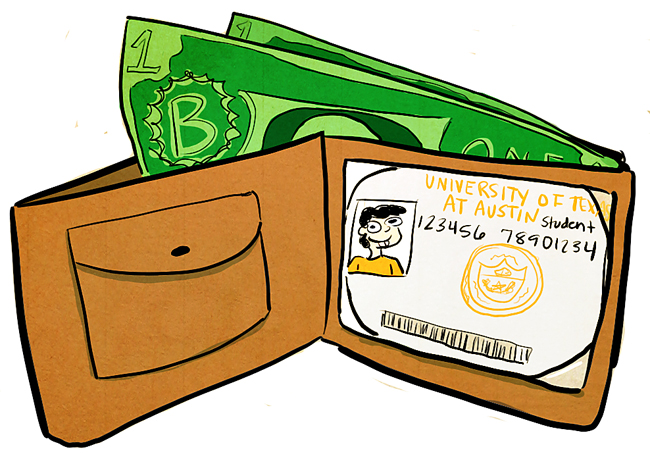You’re a grown person now. You buy your own groceries, do your own laundry and go out on weekends without asking for permission. It’s time to pass the threshold into adulthood by taking the final step: financial independence. These steps will help you take control of your financial future.
1. Pay your own bills
The first step in the journey of monetary independence is using your own money to pay for your own expenses. It’s simple, really — get money and spend the money. As a 20-something wanting all the freedom of adulthood, you are not truly free until you are relying on yourself to pay the bills. Until that day, mom and dad will be able to hold that car payment over your head as leverage.
2. Save
Adulthood is the dawning of a new era of things to buy: cars, adventures abroad and nice work clothes. Having a savings account allows you to save up for all the big things. Savings accounts are also handy to use as rainy day funds when things break down, you get laid off or life just falls apart — which happens to everyone. The best tip is to have two savings accounts: One for those big purchases and another for emergencies. The emergency fund should have a set amount of money that isn’t taken out. Say $300 or $500 to start. Emergencies don’t happen often, but when they do, you don’t want to be spending all your grocery money to replace tires. For your other savings account, put away a set amount each month until it becomes habit. If you put $100 away, by the end of the year you have $1,200, which is the equivalent of a plane ticket and travel money for your next adventure.
3. Get a credit card and use it well
Everyone needs a credit card. Why? Because everyone needs credit. Credit simplified is a little score that says a buyer is reliable, and it is used for the purchase of cars and houses and also gets you things like discounts and better loans. Having a good credit score is the equivalent of walking around with a sign that says, “I’m a responsible adult who has my life together” — you can do anything you want. Many banks offer college credit cards with low limits solely to help young people build credit. When it comes to using credit cards, there are a few things to always keep in mind. First, don’t max out your card. If you have $500, don’t spend all $500 unless it’s an emergency. Spend consistently. I use my credit card to pay my phone bill. Besides that, my card stays locked away in my apartment instead of in my wallet. Having one consistent bill and not having your credit card always on you prevents shopping sprees and maxing out your card, which will rack up interest later and leave you in debt.
4. Learn how to do taxes
It’s time to stop relying your accountant — your mom. Get Turbo Tax, follow the instructions and file for yourself. At the college level, taxes are difficult because income is usually not consistent, or is nonexistent, and dealing with college loans and financial aid can be complicated. It’ll take time to learn about all the different exemptions and things that are tax deductible. I recommend spending some time on Google. The most important thing you can do regarding your taxes is organizing your spending throughout the year. While independence is the goal here, taxes suck, so there is no shame in calling up your parents to do a once over before you file.
5. Make a budget
It’s Excel spreadsheet time. Keep track of income and spending as accurately as possible. Calculate the average amount you spend on groceries and add in irregular costs such as birthday presents or vacations. Once you begin paying your own bills, taking on a savings account and a credit card and start filing your own taxes, things can get hectic. Lay it all out organizing spending into categories such as eating out or entertainment. A template to help you get started with creating a budget is UT’s financial aid website. The financial aid office also offers a “Cash Course” which is a free online program to learn about how to manage your money.















